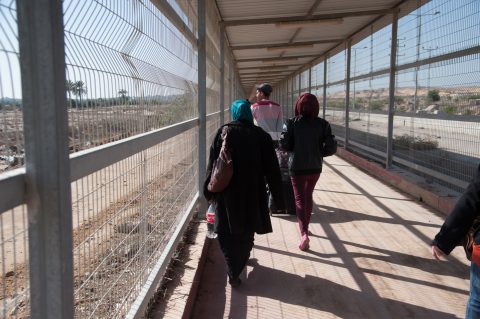The exclusion of asylum seekers in Israel from accessible and adequate healthcare services is part of a much broader policy of exclusion, which does not seek to lead to their integration in Israeli society. People without civil status in Israel (about 250,000 people), including 40,000 asylum seekers from Africa (mostly from Eritrea and Sudan), have no health insurance and therefore their access to medical care relies on naturally limited ad hoc solutions, whether offered by the health ministry or by humanitarian organizations. In situations defined as emergencies they receive care under the Patient’s Rights Law.
This situation results in life-threatening risks to patients’ health:
1. Statusless people have no access to preventive medical care or to methodical follow-up. Even if they go to the various clinics throughout Israel, they will not be given treatment there because of their lack of insurance.
2. They receive medical care only when their medical condition deteriorates so that it is defined as an emergency under the Patient’s Rights Law. In many cases they must wait until they are in danger in order to receive medical care.
3. At the end of such hospital care patients are discharged for “follow-up care in the community.” However, since they do not have health insurance, there is no systematic medical care or follow-up. The situation is especially grave for those who suffer from chronic illnesses or those who need follow-up care for serious diseases, and/or rehabilitative care that is not provided in hospitals. Thus, medical and welfare teams who provide patients with optimal care and rehabilitation are required to discharge their patients into an environment in which the benefits of the treatment will quickly be erased in the absence of a supporting medical system.
The limits to these medical solutions put the statusless people at serious risk for their health and lives and place heavy responsibility on the medical and healthcare personnel. The latter are left without the necessary and adequate tools to deal with that responsibility.
This position paper by PHRI Ethics Committee tries to draw guidelines in facing this challenge, while indicating the clear need in a systematic solution. The committee recommends that the health and medical community will demand that Israel’s National Health Insurance or a parallel insurance will be extended to all statusless people living in Israel, as long as it is comprehensive and just.










